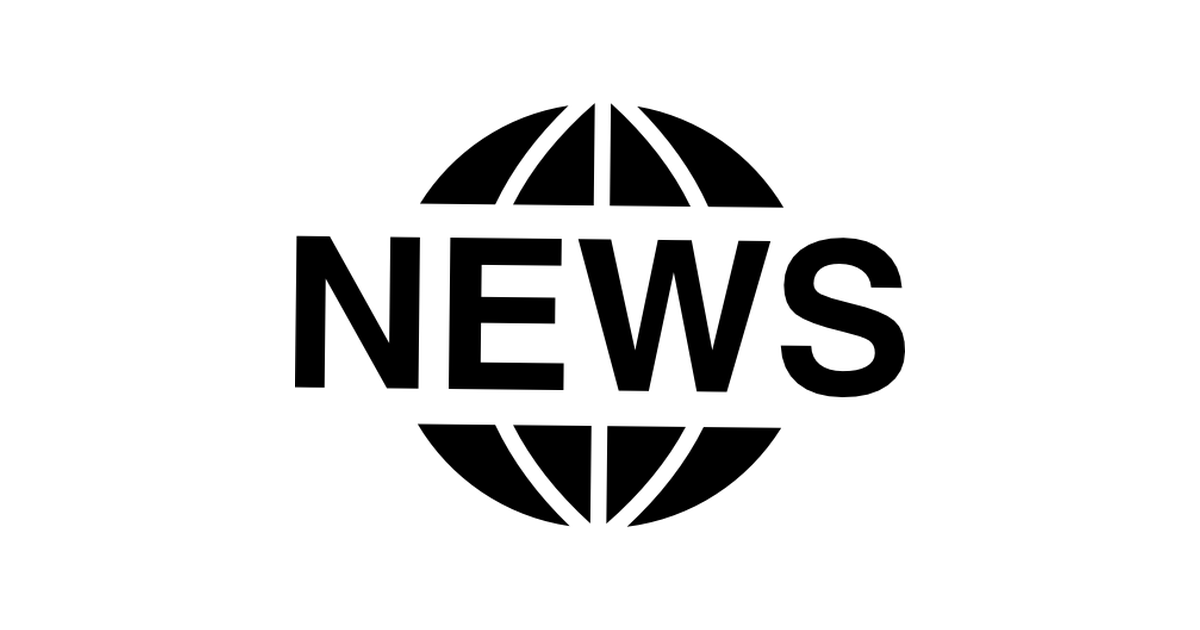
News of Facebook’s secret tool to delete executive messages caps days of chaos

As Sheryl Sandberg mounts apology tour, company is under fire again over special privacy privileges not granted to regular users
When Sheryl Sandberg, Facebook’s chief operating officer, embarked on a media apology tour Thursday, it seemed possible that the woman known as Mark Zuckerberg’s “adult supervision” would bring calm to the troubled company’s image.
But the past 48 hours have shown that not even Sandberg’s steady hand can keep this car from spinning out of control.
On Friday, Facebook was again under fire, both over the discovery that the company has a two-tiered privacy standard (one for executives, one for everyone else) and over its use of facial recognition software.
TechCrunch reported late Thursday that Facebook has been using a secret tool to delete messages sent by its executives from the inboxes of their recipients, without disclosing the deletions to the recipients or even recording there was ever a message in the first place.
Effectively, this means if you send Mark Zuckerberg a Facebook message, he has a copy for ever. But if he sends you one, he can reach into your inbox and pluck it out of existence.
Facebook says the change was made following the 2014 Sony Pictures hack, when a mass data breach at the movie studio resulted in embarrassing email histories being leaked for a number of executives, ultimately costing co-chair Amy Pascal her job.
“After Sony Pictures’ emails were hacked in 2014 we made a number of changes to protect our executives’ communications,” Facebook told TechCrunch. “These included limiting the retention period for Mark’s messages in Messenger. We did so in full compliance with our legal obligations to preserve messages.”
But the lack of disclosure angered some Facebook users, as has the absence of any similar tool for regular users. Since 2016, Facebook users have been able to send disappearing messages using an encryption feature in Messenger, but they cannot turn the tool on retroactively, and cannot erase any sent messages older than 2016.
On Friday morning, the company apologized and pledged to stop deleting executives’ messages until they could make the same functionality available to everyone.
“We should have done this sooner – and we’re sorry that we did not,” a Facebook spokesperson said by email.
The company did not immediately respond to a question about whether or not it had other secret privacy tools for executives.
Also on Friday, a coalition of privacy and consumer groups filed a complaint with the US Federal Trade Commission (FTC) arguing that Facebook’s “unwanted, unnecessary, and dangerous” use of facial recognition software violates both users’ privacy and the company’s 2011 FTC consent decree with the regulator.
Facebook was already under investigation by the FTC due to the Cambridge Analytica data breach. Facebook’s deputy chief privacy officer, Rob Sherman, defended the technology in a statement. “People can choose whether or not to allow this technology and they can change their mind at any time,” Sherman said. “When someone has their setting turned off, we don’t use this technology to identify them in photos.”
Just before noon on Friday, Facebook, in its latest attempt to appease the public, announced new rules for political ads to address the controversy over foreign interference in elections that has also dogged the company.
The flurry of news overshadowed Sandberg’s apology tour, which followed a similar parade for Zuckerberg earlier in the week.
“We made mistakes and I own them and they are on me,” Sandberg told the Financial Times. “There are operational things that we need to change in this company and we are changing them. We have to learn from our mistakes and we need to take action.”
Her comments echoed Zuckerberg’s earlier statement that the Cambridge Analytica data breach was “my responsibility … I started this place. I run it. And I am responsible for what happens here.”
Speaking to CNBC, Sandberg suggested that Facebook users may one day be able to opt out of having their data mined by the company altogether – but that they would have to pay for the privilege.
The company has “different forms of opt out” she said, but not a one-stop shop. “We don’t have an opt-out at the highest level. That would be a paid product,” Sandberg said.
Sandberg also shone some more light on a second apparent data crisis at Facebook: the news that “most” of the company’s billions of accounts have had their data “scraped” by unknown third parties abusing a user search tool.
“We had a feature we could look up people by name or email, and that was important for finding people”, Sandberg said to Bloomberg. “And someone made a directory they shouldn’t have made with that information. But to be very clear and specific all of that was public information. That was information that was already publicly available on Facebook.”











